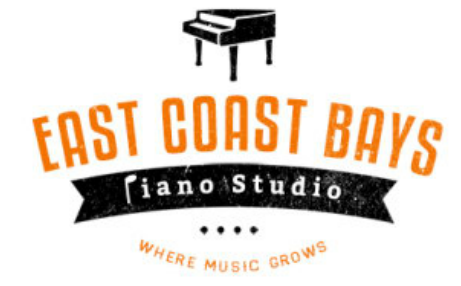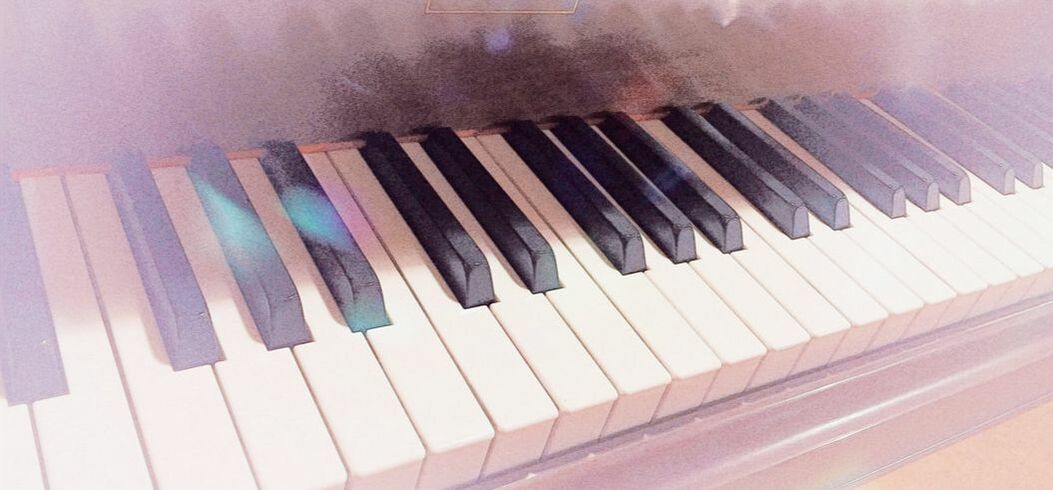|
"Exams provide goals, motivation and important measures of success... But we need to use exams wisely, recognising how they do, and do not, help us progress." - Lucinda Mackworth-Young, pianist, teacher, lecturer, writer.
It is the time of the teaching year where a lot of parents and students will be asking their music teachers the same question: “Can my child sit an exam this year?”
The short answer is of course anyone can sit an exam, but a responsible teacher should be asking: will sitting an exam promote growth and more appetite for learning in this particular student? Or, will it do the opposite? Before we commit ourselves and our students to their next exam, there are a few very important points to cover with the students and their parents. We want to ensure the students benefit from this experience and will jump at the opportunity to do their next exam after a suitable amount of time has passed. I personally think exams can be used as a powerful tool to motivate the right student at the right time, helping them polish their performances and elevate their playing to the “next level”. Try this quiz to find out if your student or child is ready to enter for their exam!
When to enter a student for exams:
I have always found examinations to be the most rewarding for student, parent and teacher when a student has made significant improvement in their learning over a period of time, their learning has “plateaued”, or they are more excited about exploring new repertoire rather than polishing the review pieces. For students at this stage of their learning, a tangible goal and reward would help them to recognise the satisfaction of sharpening their performance and musicianship, and take their playing to the next stage. Examination can support and benefit this type of learning need immeasurably. As a teacher, I sometimes get very enthusiastic students approaching me asking when they can do their next exam. Usually these students are in their tweens or teens, have a fantastic record for consistent practice, and are already exhibiting many other signs they will succeed at doing an exam (e.g. maturing performance skills, capable sight-reading skills, have a good understanding of music theory, etc), so I match their enthusiasm by saying “Yes that’s a great idea! Let’s do it!” This is because the student themselves wants and is ready to be challenged in this way and have the best motive behind their decision. Maybe they would like to test their skills and knowledge on their instrument and receive feedback and validation on their musical accomplishments, maybe the band/orchestra they desperately wish to join require a certification of a specified grade, or maybe they just want to feel empowered by measuring their progress against an international standard. When the desire to do an exam is driven primarily by the student themselves, the vehicle of learning and teaching becomes a well-lubricated machine that churns out steady success. However, if the student is an unwilling participant, this educational journey is likely to be cut short as soon as the student is able to make their own decisions to stop lessons.
When NOT to enter a student for exams:
It is not suitable, however, for all music students during various stages of their learning, and exams should never be a means to an end when it comes to teaching and learning music. Furthermore, if a student has not been set up to succeed in their exam, there is a high chance they will be discouraged and/ or distressed by this experience. Here are a few signs to look out for when exams might not be the right thing for a student, and perhaps other types of goals and assistance is more suitable before reconsidering exams:
Exams should be an assessment for learning, not assessment of learning.
I think all music teachers would have encountered cases where the student’s parents convey a strong desire for their child to do exams. In this case, often the students in question are still in primary school and have not yet developed their own desire to do exams. It is always interesting to ask the parents: “Why would you like your child to do an exam? What are you hoping your child will achieve?" It is often fascinating and occasionally eye-brow-raising to hear the response from the parents. Here are some examples of common answers that all music teachers could probably relate to:
“I want my child to do exams because their friend did one last year.”
“I think it would be a good goal for them, because they are not practicing very much at the moment and need some pressure to improve.” “Their previous teacher said they could do a grade 6 this year.” “I want them to get to grade 8 by the time they start high school so they can focus on their school work.” “I said they can stop learning the piano once they get to grade 8.”
The last statement is probably the most devastating for a piano teacher to hear, as there is nothing more tragic than knowing a Grade 8 certificate would be the end goal of a student’s piano learning, when the joy and development of music learning should last for a life time. I personally believe this type of thinking is a result of the implementation of the “exam-oriented” learning model, where completing graded exams is often the main or only goal for learning. From my childhood learning experiences, the prevalence of this type of goal-orientated learning differs significantly between the educational systems in different countries and cultures.
This is where the data from the new parent questionnaire is invaluable. As a part of my initial interview with new potential parents of young students, I always ask them to fill out a questionnaire to allow me better understanding of their intended learning outcomes. Being able to refer back to their original answers to this question later on allows me as a teacher to bring the parent on board as a partner in the education process, and collaboratively explore the best approach for their child to maximise their involvement in the learning process. One of the questions I always ask is: “Why would you like your child to learn the piano?” Often the parents tell me the heart-warming reasons why they choose music to be a part of their child’s education: some want their child to cultivate a life-long hobby and love for music; or to use music to nurture their self- expression and creativity; or that they can eventually join a band or orchestra so they can experience the delight of making music together with their friends. As for some of these parents, somewhere down the line these wonderfully loving aspirations for their children get tainted and distorted by opinions of previous teachers, influences of students’ peers, parents and their acquaintances, and perhaps topped up with a sprinkle of societal expectations and judgements. The truth is, none of these factors should have anything to do with the readiness of exam undertaking. As educators, we need to put learning at the centre of why we choose to do exams. In other words, use examinations primarily as a tool for learning and not as an assessment of learning.
If any of the above points are not yet ticked–off, teachers should work with the student and parents to reach them before agreeing to enter the students for an exam. If it is not in the student’s best interest to do an exam at this particular point of their studies, teachers can offer other goals to motivate their learning (new blog on this coming soon!).
As teachers and parents, we need to understand that music at the core, is not supposed to be examined or judged but to be loved and enjoyed through the experience of making and listening to music. Examinations should never be a means to an end, but only a small part of a student's education to help them unearth one of the greatest delights humans have ever known.
“Music is enough for a lifetime, but a lifetime is not enough for music.” Sergei Rachmaninoff
0 Comments
Leave a Reply. |
AuthorThis blog post is by Melody Deng Archives
September 2020
Categories
All
|
|
©2019 East Coast Bays Piano Studio | All Rights Reserved
|


 RSS Feed
RSS Feed